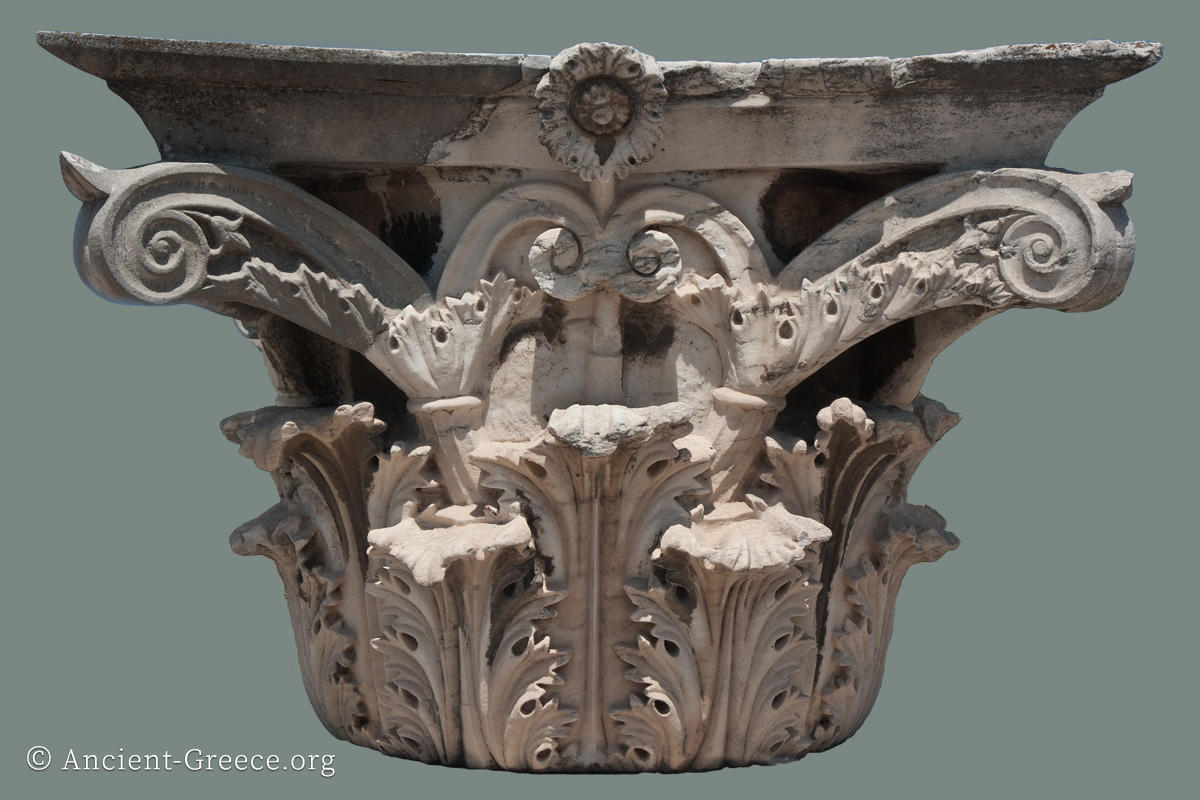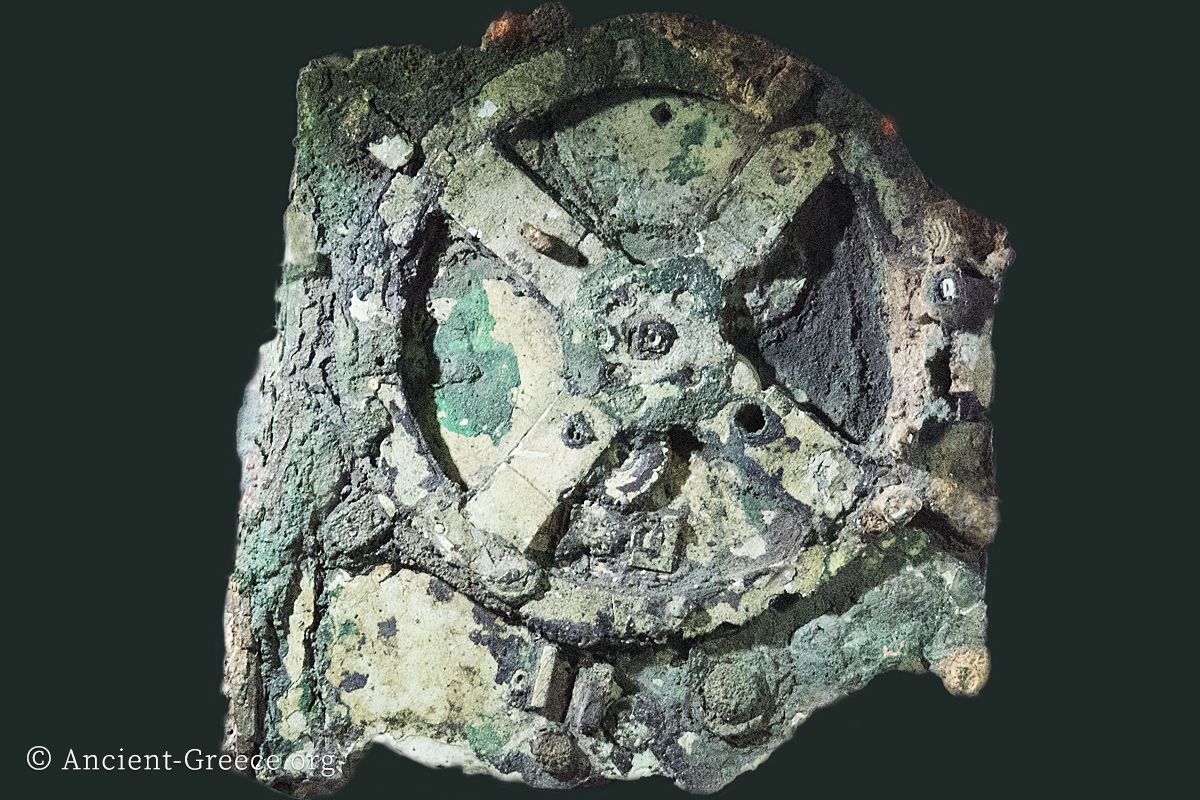Metic
-
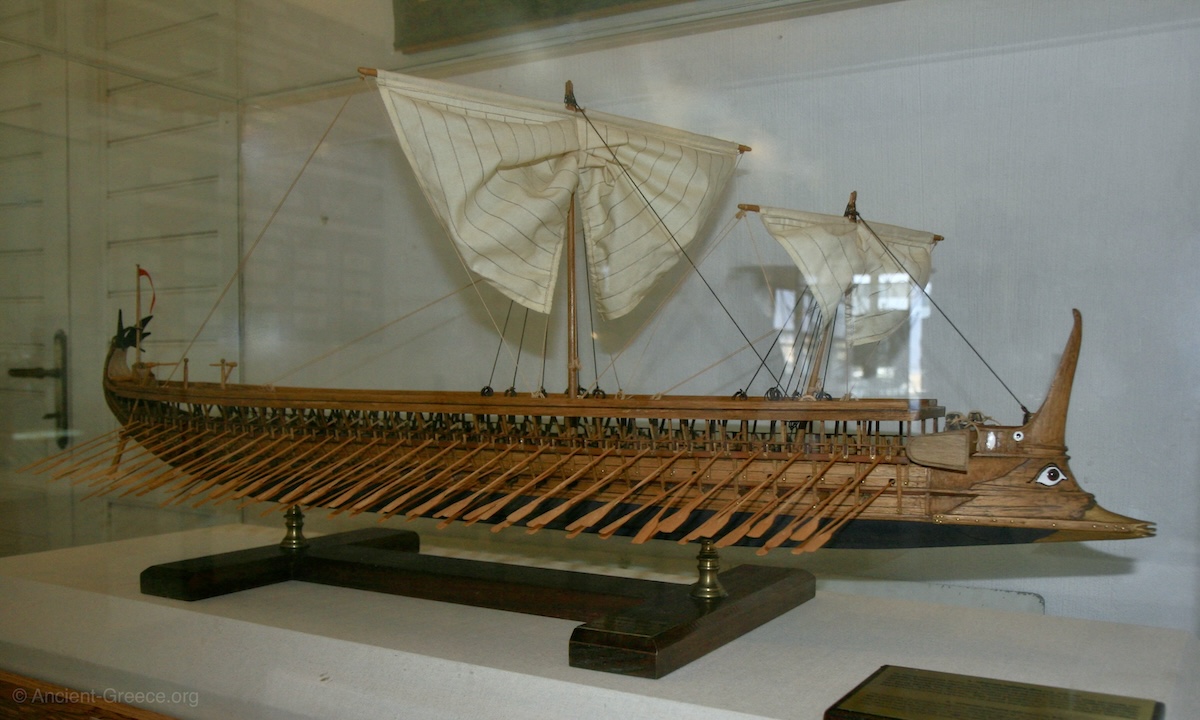
Ships in Ancient Greece
Read more: Ships in Ancient GreeceGreece is surrounded by water and sprinkled with islands within a few hours sail one from the other. Naturally, its people flourished for three thousand years by mastering the waves and establishing commercial networks and cities. The Greek’s…
-
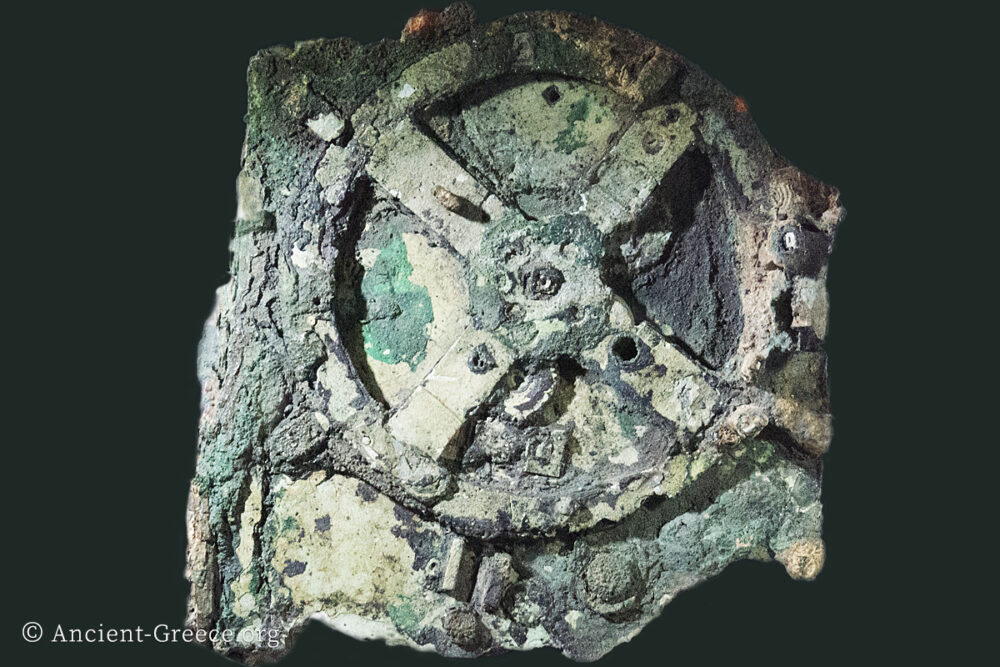
The Antikythera Shipwreck
Read more: The Antikythera ShipwreckThe Antikythera Shipwreck is a 1st century BCE underwater shipwreck and archaeological site, located 25 meters from the coast of Antikythera island, Greece, at a depth of about 50 meters. The cargo ship’s final voyage started in an…
-
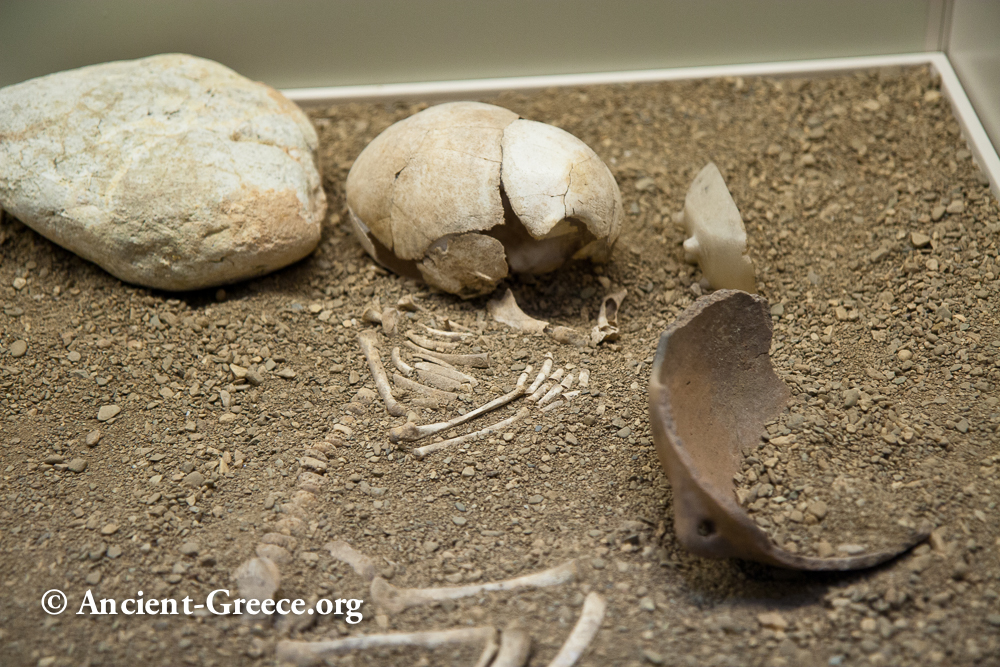
Franchthi Cave History
Read more: Franchthi Cave HistoryFranchthi Cave (Φράγχθι Σπήλαιον) in Argolis, Peloponnese, Greece offers a rich unbroken record of human habitation from the Paleolithic era (at least since 38000 BCE) to the end of the Neolithic period and beyond. Location Francthi Cave is…
-
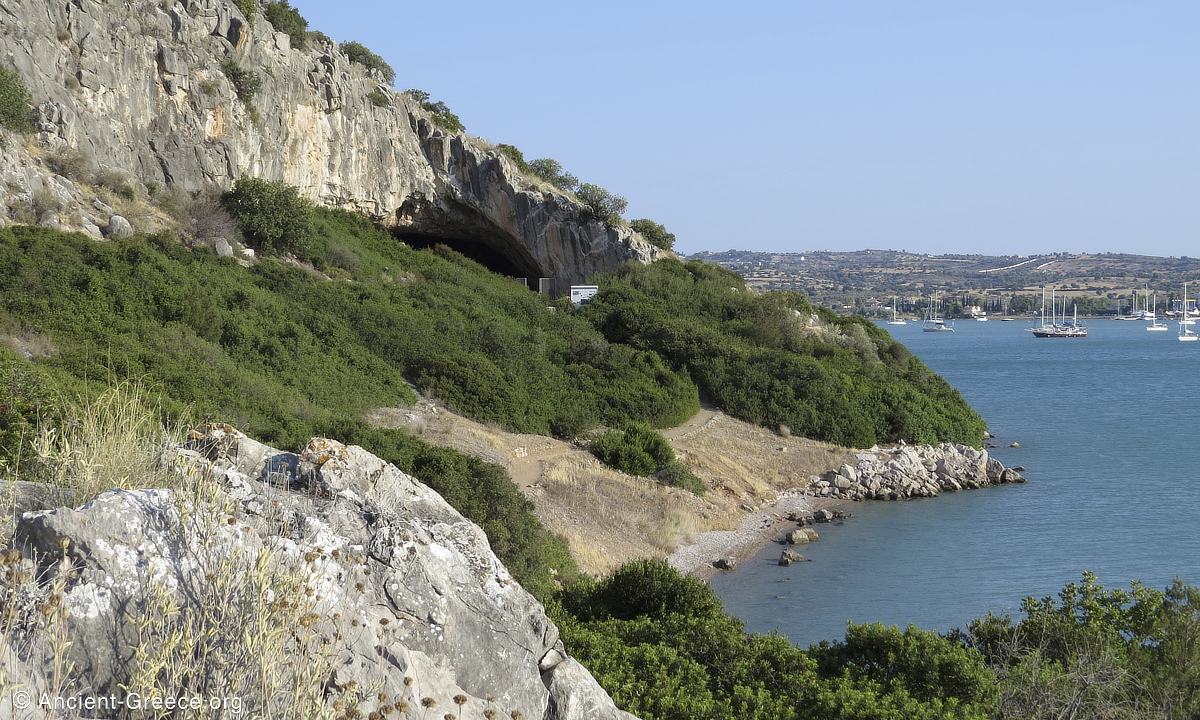
Franchthi Cave
Read more: Franchthi CaveFranchthi Cave (Φράγχθι Σπήλαιον) is an archaeological site in Argolis, Peloponnese. The cave is the best known of a very small collection of Stone Age sites in Greece. Excavations have revealed a rich unbroken record of human habitation…
-
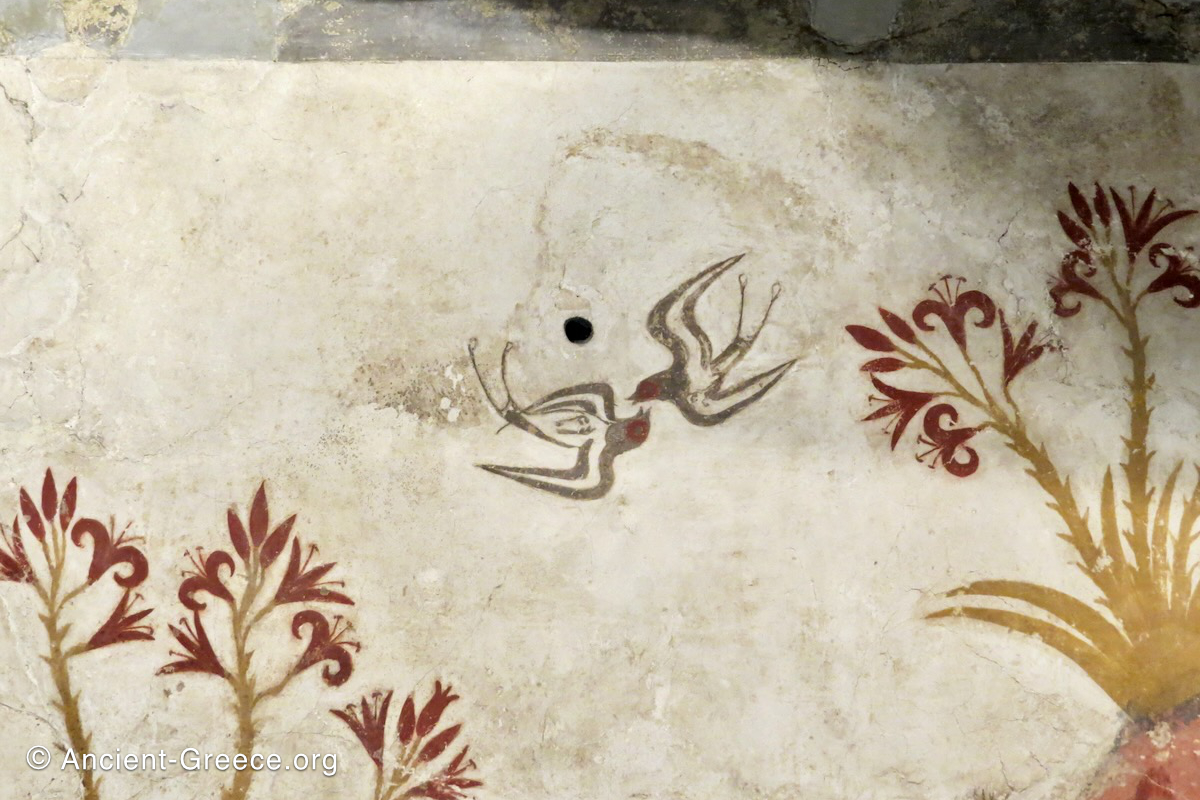
Best Images of Ancient Greece
Read more: Best Images of Ancient GreeceA slideshow of some of the best examples of Ancient Greek sculpture, architecture, and significant cultural artifacts.
-

Heracles (Hercules)
Read more: Heracles (Hercules)Heracles [Ἡρακλῆς, also transliterated as Herakles, later romanised as Hercules], the most renowned hero of antiquity, was the son of Zeus and Alcmene, and the great grandson of Perseus. The Birth of Heracles At the time of his…
-
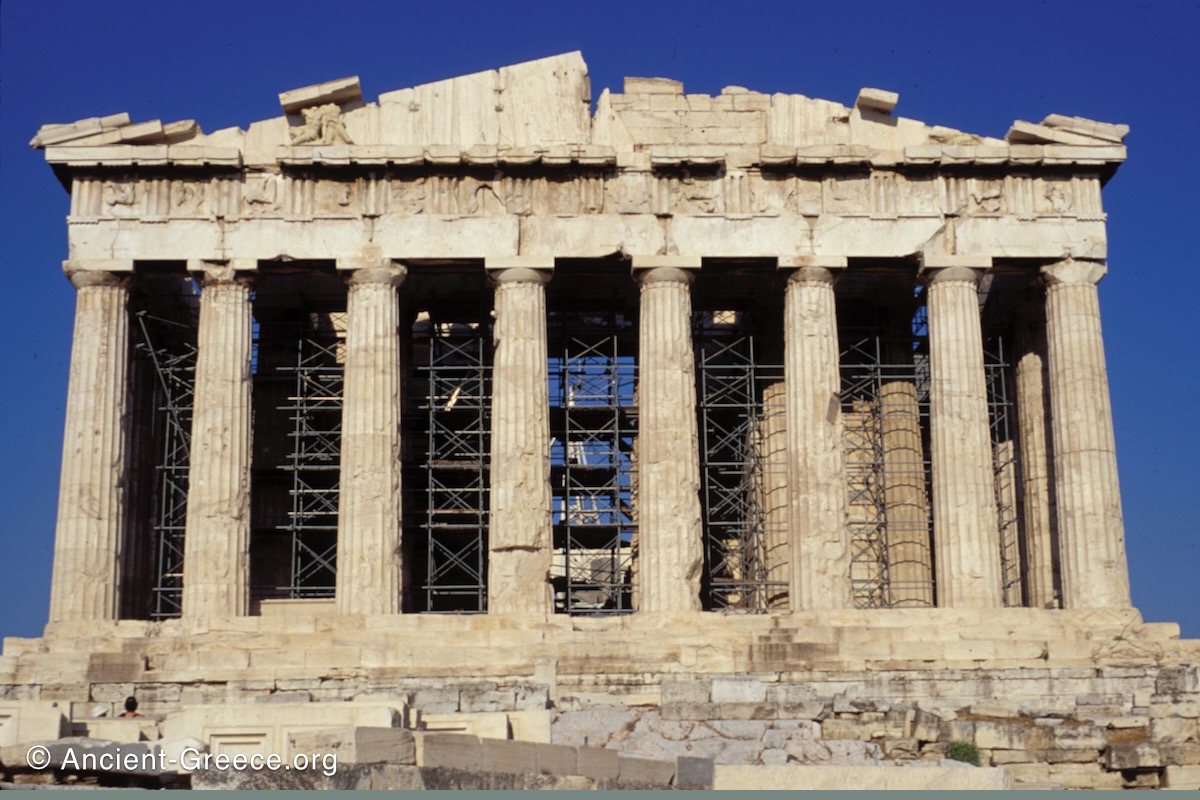
The Parthenon
Read more: The ParthenonΟ Παρθενώνας (Parthenon), is an Ancient Greek temple in the Acropolis of Athens, dedicated to Athena Pallas or Parthenos (virgin). It is widely considered to be the pinnacle of Classical Greek architecture, and over the years it has…
-
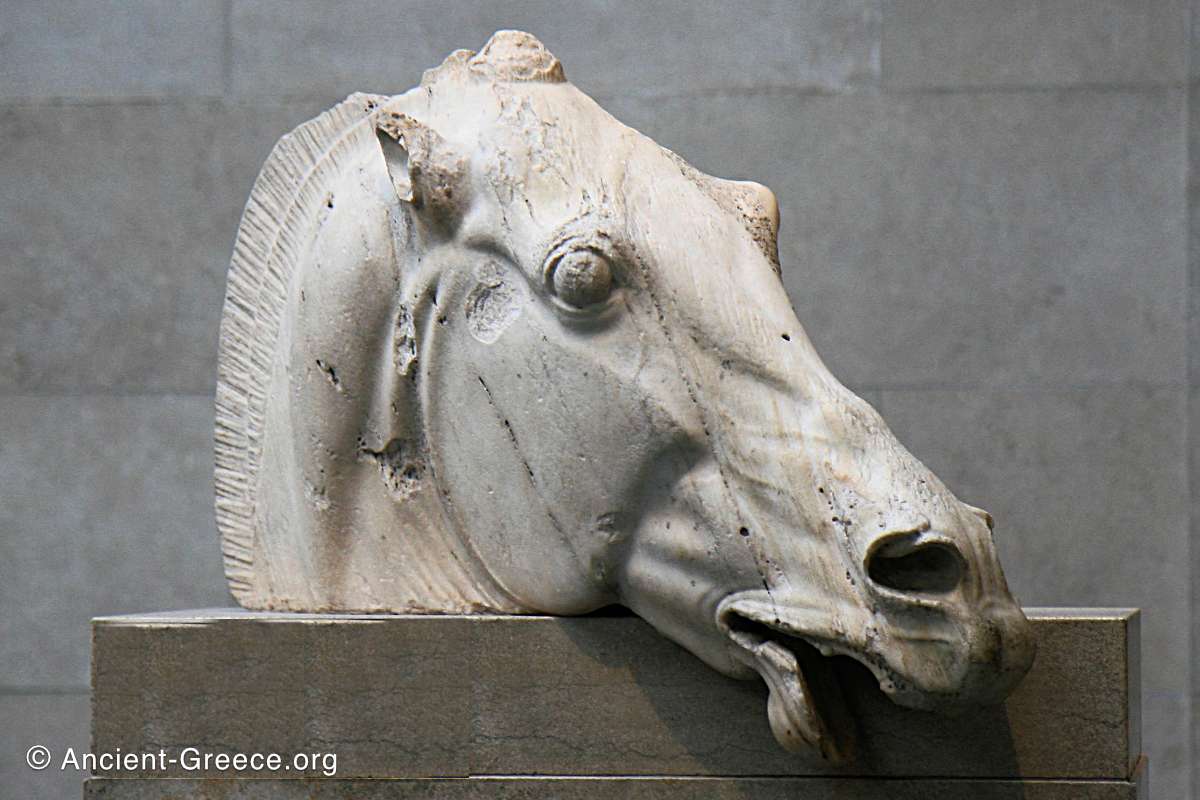
The Sculptures of the Parthenon
Read more: The Sculptures of the ParthenonThe Parthenon’s exterior was adorned with an abundance of sculptures. Above, and on the outer side of the colonnade we find the traditional Doric frieze that was decorated with alternating metopes and triglyphs. The exterior wall of the…
-
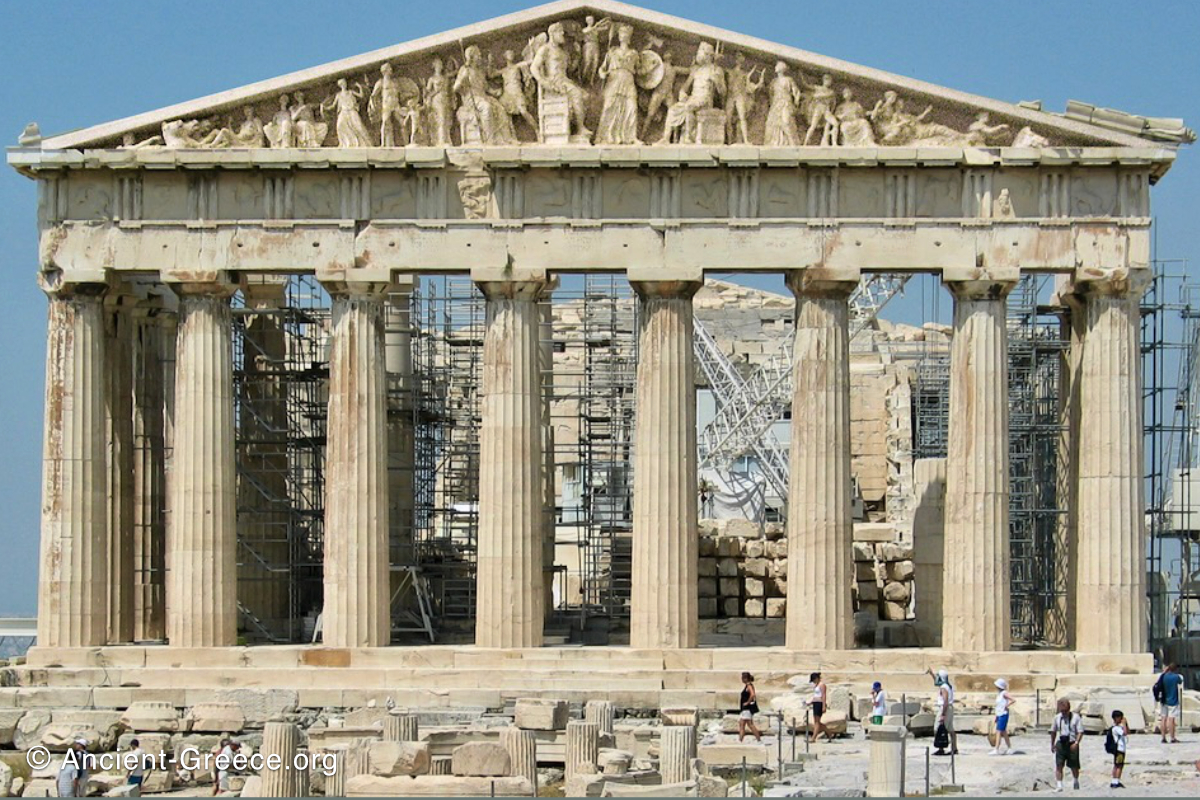
The Parthenon Pediments
Read more: The Parthenon PedimentsThe Parthenon pediments were lavishly adorned with sculptures that filled their triangular shapes in both the east and west facades. The sculptures of the Parthenon pediments are some of the finest examples of classical Greek art. Both sculptural…
-
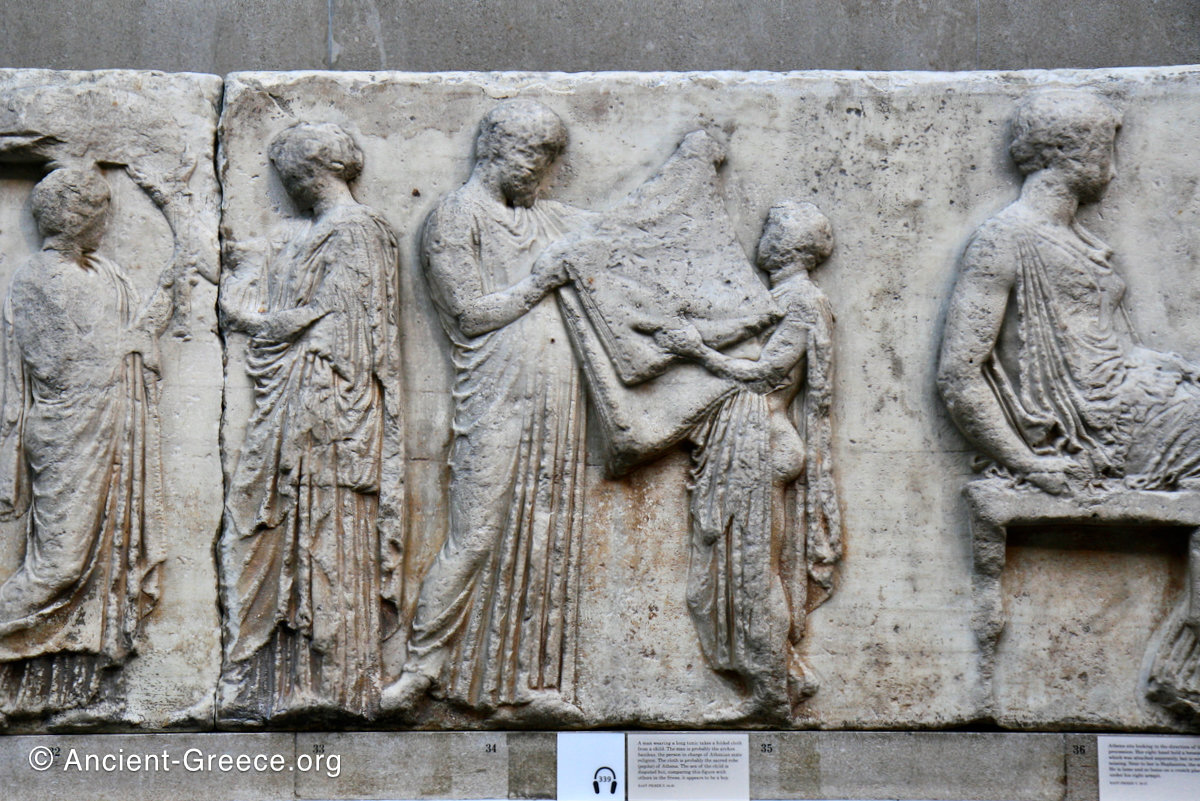
The Parthenon Frieze
Read more: The Parthenon FriezeParthenon Frieze Slideshow The Parthenon frieze is a continuous 1 meter high, 160 meters long, and 6 centimeters deep band of relief sculptures, created specifically to crown the entirety of the temple’s exterior wall. The sculptures are executed…
